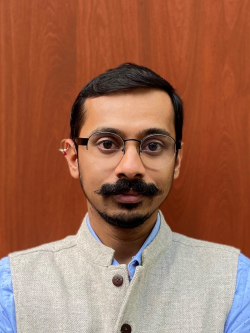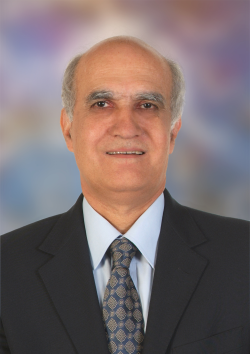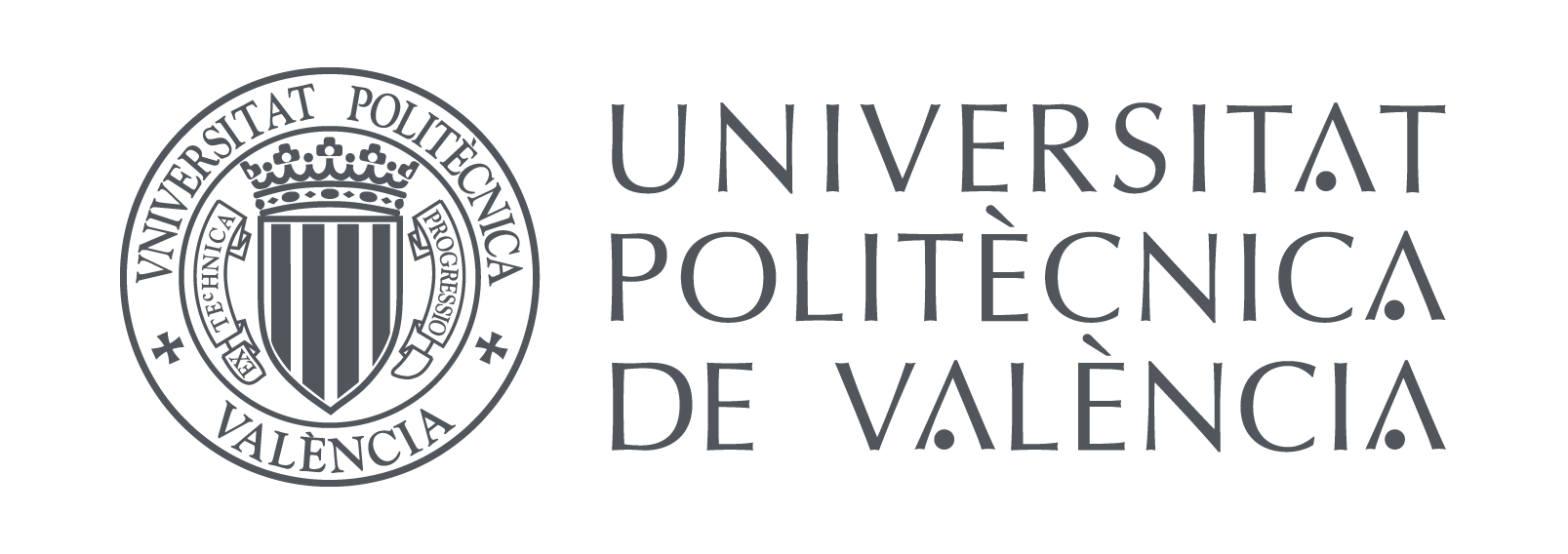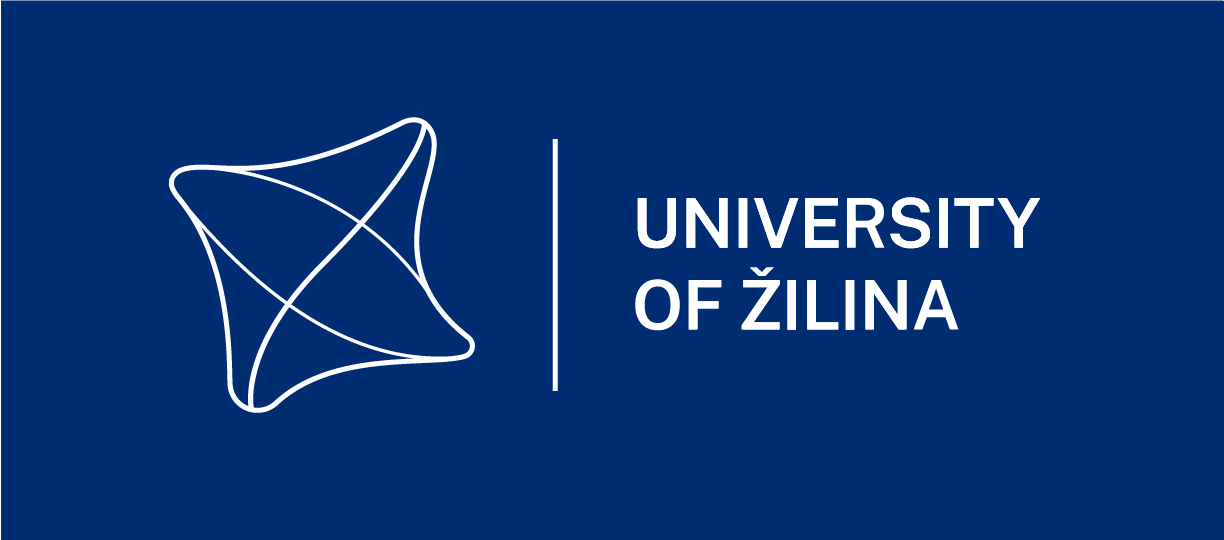Invited Talks
Big Data and Cloud Technologies
Abstract
Big Data and cloud technologies have been among us for a while now. Arguably, their efffects resonate as the main leap observed across -almost- every application sector during the last decade. However, certain challenges still remain unresolved. Upcoming trends promise to tackle hindrances such as treating heterogeneous data closer to where the action happens; harmonising the ever-increasing network variability, and others. Here, the growing miniaturization capacity poses edge computing (and its combination with the aformentioned) in the avant-garde of current research. The keynote will revolve around which are the challenges faced, and how several initatives root deep in open source, and in the community engagement, to give answers.
Curriculum Vitae
Ignacio Lacalle is a researcher working at the Universitat Politècnica de València (UPV), a public University at the South-East of Spain. Ignacio is a Telecommunications Engineer (2014) from UPV and he received his Ph.D. (Dr. Ing.) in 2022. The expertise of Ignacio is mainly rooted on Internet of Things field, having participated in 6 research projects related to interoperability, added value services, data processing and manageability, among others. Ignacio has performed various roles in those projects (ranging from Developer to Community Manager and Project Manager). In addition, most of those projects were focused on applying IoT-related innovations, in particular, to the field of maritime ports, one of the preferred verticals of the research group.

Universitat Politecnica de Valencia
Valencia, Spain
Uncertainty: Its Quantification, Mitigation, Propagation and Decision Making
Abstract
In empirical or hybrid modeling driven by data, the model parameters and predictions are directly influenced by experimental data. However, this data inherently carries variability stemming from measurement noise and the stochastic nature of certain processes. This variability manifests as parametric uncertainty, which consequently results in prediction uncertainty. Therefore, any decisions based on data-derived models must consider and address this uncertainty. In this presentation, we provide an extensive overview of uncertainty, covering its quantification, mitigation strategies, propagation effects, and the complexities of decision-making in uncertain environments.
Curriculum Vitae
Satyajeet is a post doctoral researcher focusing at the BioTeC+ group at KU Leuven Technology Campus Ghent. His research is focused on incorporation of uncertainty in modelling bio(chemical) processes. During his post-doctoral career, he has worked on quantifying uncertainty and utilising it for optimisation of various processes.
Scientific research in BioTeC+ concentrates on model based optimization and control of microbial conversion processes. The underlying motivation is that model based solutions to process optimization and control problems are superior in performance and robustness as compared to plain heuristic approaches.

and Jan Van Impe
University of Leuven BioTeC+
Ghent, Belgium
An Overview of Oil Spill Modeling and Simulation
Abstract
In this presentation, we will show occurrence of oil spills and their behavior under natural conditions at sea as well as their environmental and economic impacts. Methodologies of oil spill modeling to predict the fate of an oil spill under physical and chemical dynamic processes will be discussed. Weathering processes such as evaporation, emulsification, spreading, dissolution, dispersion, biodegradation, and sedimentation are considered in simple modeling schemes. With the application of principles of thermodynamics, mass transfer and kinetics we show development of some simple models that under certain conditions are capable of predicting oil thickness, volume, area, composition and distribution of toxic compounds in water and air versus time for different types of oil and its products.
We also present modeling approaches for underwater oil jets with their applications in the case of 2010 BP oil spill in the Gulf of Mexico. Impacts of sea surface velocity on oil spill map, spill location, oil trajectory versus time, areas covered by light, medium and heavy oil and satellite images versus model predictions will be demonstrated. Simulation of the oil jet is challenging due to multiple physical processes and forces involved in evolution of bubble size along the jet trajectory with and without application of chemical dispersants. Some results from TAMOC and NOAA and other simulators will be presented with discussion about their applications and capabilities.
Curriculum Vitae
M. R. Riazi (www.riazim.com), AIChE Fellow, P.Eng., is a Professor and the Chairman of Chemical & Natural Gas Engineering Department at Texas A&M University-Kingsville. He is an expert in hydrocarbon and fuel production and processing technology with extensive teaching and research experience in both academia and industry worldwide. He has been invited speaker in more than 45 countries over the past three decades in areas related to fuels, energy and environment. He served as a professor and chairman of chemical engineering at Kuwait University and principal consultant to Kuwait Oil Company. He received PhD and MSc degrees both in chemical engineering from Pennsylvania State University where he also worked as an assistant professor. He has published extensively including 7 books, a solutions manual and is the chief editor of IJOGCT. He served as the director of Fuels Division of AIChE and has chaired many international conferences and is the present chair of Fuels and Petrochemicals Division at the AIChE Annual Meetings. He is a Fellow of AIChE, a licensed professional engineer and has received a Diploma of Honor from U.S. National Petroleum Engineering Society as well as several teaching and research awards.

Wayne H. King Department of Chemical and Natural Gas Engineering
Frank H. Dotterweich College of Engineering
Texas A&M University-Kingsville
U.S.A.





